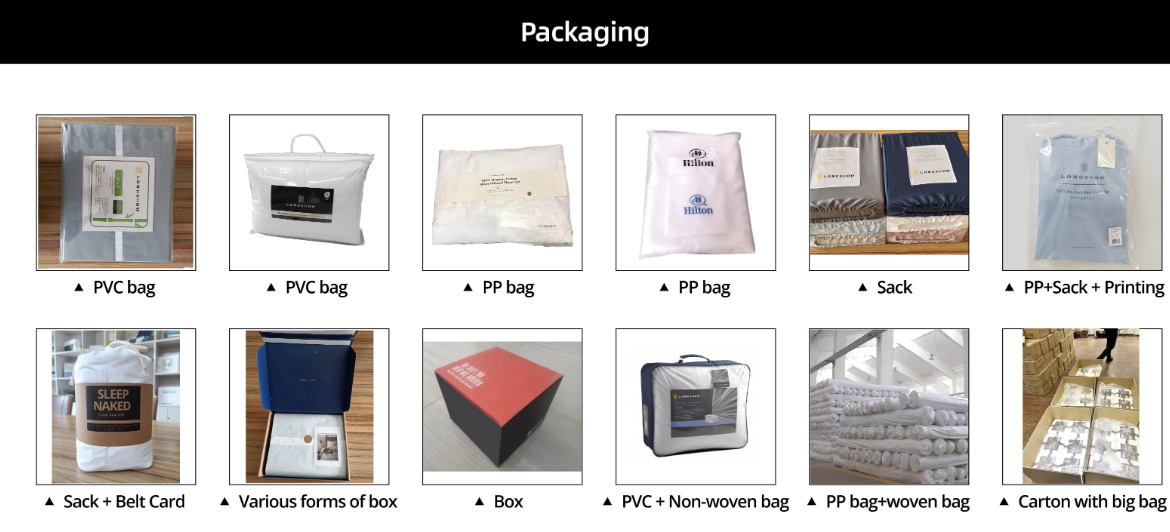In conclusion, waffle bathrobes are a must-have addition to any home. Their luxurious feel, durability, and versatility make them an excellent investment for anyone looking to elevate their morning routine. So why wait? Treat yourself to a cozy waffle bathrobe today and start your day off on the right foot.
...
2025-08-14 08:02
730

